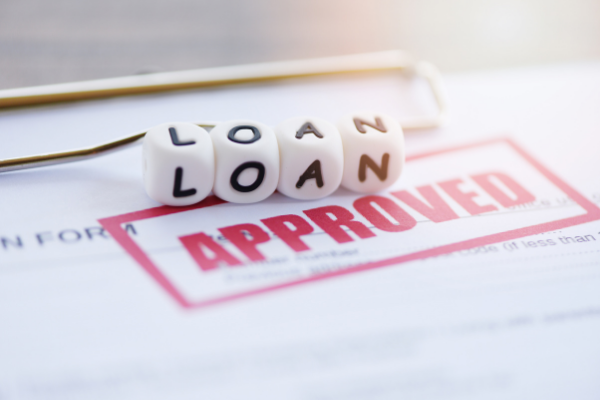Highlights of the Home Buying Process
1. The most important thing to do, before even looking at a home, is to speak with a lender.
- If your credit rating is sufficient or what you may need to do to get it there.
- How much house you should be looking for, taking into account your current debt and income as well as your cash availability.
Having this initial conversation with a lender before looking at homes will ensure that when you find the home that suits you best, you are ready to move forward with the process of making it yours. Buyers who wait to talk to a lender until after they have found the home of their choice risk losing that home to another buyer who has already obtained this information.
2. Pre-Approval vs. Pre-Qualification
- A pre-qualification can be done by anyone, and many lenders no longer offer a pre-qualification. A credit check is done to be sure your score is sufficient, and a verbal accounting of your income vs. debt is taken to be sure your ratio is at a level that would allow you to afford a monthly mortgage payment.
- A pre-approval is obtained from your lender by taking the pre-qualification process a step further by verifying your income by submitting your last two years’ tax returns, pay stubs, and bank statements for the previous two months, and other possible requests from the lender.
It may sound like a lot of work to get ready to look at homes, but serious buyers know that they will need to go through this step at some point, so they are proactive. Pre-approvals are what sellers are looking for from someone who presents an offer to buy their property. Listing Agents typically request a bank letter of proof of funds as well when an offer is presented.
3. Finally! The search for a new home begins.
- Have a conversation with your Realtor about your wants and needs in a home, your intended time frame, current living situation, and any future life-changing events you anticipate.
- Search our website for active homes, rentals, land/acreage, and commercial properties. Save your favorite listing so we can keep an ongoing list of the properties that interest you and your family.
4. When you are ready to make an offer, you will need two things.
- The pre-approval / pre-qualification letter from your lender.
- Earnest Money Deposit of 1.5 – 3% of the offer price or as needed for your loan type. Remember, your offer, if accepted, is a BINDING CONTRACT. You are showing the seller that you are serious by offering the Earnest Money deposit upfront. Sellers need to feel comfortable taking your offer because they may be required to stop marketing the home during your contract period. Your deposit is accounted for at settlement/closing, so don’t worry that you are paying anything above the agreed purchase price.
5. Negotiate with your Realtor any counter offers from the seller until everyone is comfortable and happy and the sales agreement is signed.
Believe it or not, you are now only part of the way through the home buying process. During your contract (escrow) period for the next 30-60 days (or longer), your agent will be working hard to manage all of the parties involved in your home purchase transaction. These include the lender with their load processors and underwriters, the title company, the sellers and their agent, any home inspections, appraisers, surveyors, insurance companies, etc. It is only when everything has been completed that settlement occurs, and you receive the keys to your new home at closing.

10 Questions to Ask Your Lender
1. What are the most popular mortgages you offer? Why are they so popular?
2. Which mortgage type do you think would be best for me?
3. Are your rates, terms, fees, and closing costs negotiable?
4. Will I have to buy private mortgage insurance? If so, how much will it cost, and how long will it be required? (NOTE: Private mortgage insurance (PMI) is usually required if your down payment is less than 20%. Most lenders will let you discontinue PMI when you’ve acquired a certain amount of equity by paying down the loan or refinance.)
5. Who will service the loan – your bank or another company?
6. What escrow requirements do you have?
7. How long will this loan be in a lock-in period (in other words, the time frame that they quoted interest rate will be honored?) Will I be able to obtain a lower rate if it drops during this period?
8. How long will the loan approval process take?
9. How long will it take to close the loan?
10. Are there any charges or penalties for prepaying the loan?
